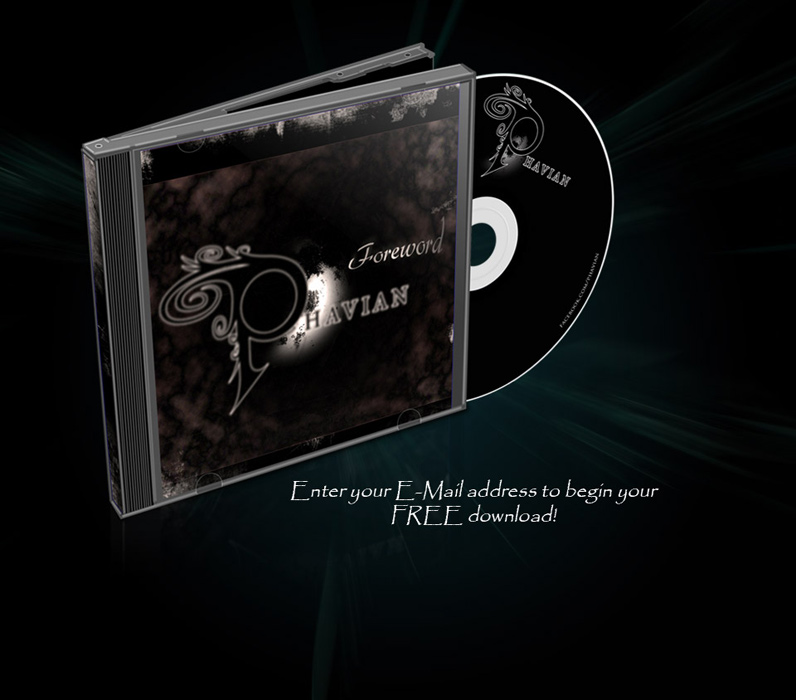


He remembers weeping wordlessly and embracing the young journalist. Mauriac searches for proof that God is love but has no evidence to counter Elie's grim testimony.

He tells us that Wiesel is "one of God's elect." The elderly Frenchman realizes that the horrors of smoking crematories and their hopeless victims have incarcerated Elie in a perpetual isolation and angst that did not end with the liberation of 1945. Wiesel says that he is a death camp survivor, and Mauriac is deeply moved. All they knew was that these thousands of children had been separated from their parents. She had seen trainloads of them at the Austerlitz station, and, at that time, neither Mauriac nor his wife knew about the death camps. After Elie Wiesel knocks at his door, however, he feels an immediate kinship and tells young Wiesel about the trauma he suffered when he learned from his wife about Hitler's cruelty toward children. Before a poignant face-to-face visit with a young interviewer for a Tel Aviv newspaper, French writer François Mauriac describes his apprehension.


 0 kommentar(er)
0 kommentar(er)
